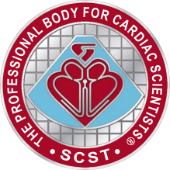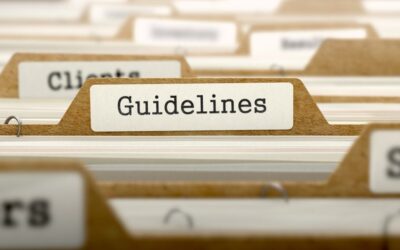COVID-19 Resources & News
Update on the Government’s shielding policy and implications for General Practice
Please note, the group of people the shielding policy applies to is referred to interchangeably as ‘at highest clinical risk’ and ‘extremely clinically vulnerable’
The government’s shielding policy identified and gave advice to the 1.5 million individuals at highest clinical risk of mortality and severe morbidity from COVID-19. Shielding involves staying at home and avoiding face-to-face contact for a period of at least 12 weeks. There have been mixed messages about this patient group. Therefore, to clarify the process of identification of patients and the next steps that should be taken in general practice, a set of Frequently Asked Questions (FAQs) has been developed aimed specifically for a GP and hospital clinician audience (or to be used on patient helplines).
There is also separate set of FAQs available for patients. Please bear in mind this is currently published on the same page as the guidance for GPs and it is hoped this will not cause any confusion for patients.
Cardiac covid-19 hub for healthcare professionals
The British Heart Foundation’s Covid-19 hub for healthcare professionals is now live. This includes information and resources to support cardiovascular teams during the coronavirus pandemic and contains both patient information and professional guidance including sections on health and wellbeing of staff as well as e-learning.
Press coverage
Please see a press release by the Stroke Association, BBC News published an article to encourage people who may be having a stroke to call 999 for emergency medical care. During the coronavirus pandemic, many people are not seeking urgent professional medical help when they most need it. This is most likely due to the fear of COVID-19 and/or not wanting to burden the NHS.
Recent information from Italy, and early reports from across the UK suggest that people are not seeking help for possible heart attack or stroke symptoms, or are waiting longer to seek help. This results in more patients presenting at hospitals late. Due to this, patients are delaying or missing the opportunity for life-change medical treatments. It is important that we continue to support the message – for life-threatening emergencies, you should still call 999 for an ambulance.
Guidance documents
New! Clinical guide for the management of anticoagulant services during the coronavirus (COVID-19) pandemic
To support local systems to continue the safe management of patients on anticoagulation during the coronavirus pandemic, national guidance has been published and is available here.
The guide, which has been produced by senior anticoagulant professionals across the NHS and supporting organisations, provides clinical guidance on coordinating a local response to support patients. Inclusive of obligatory inpatients; patients requiring initiation of oral anticoagulation; patients already receiving warfarin who are managed in a community setting; and patients who are already receiving DOACs who should have appropriate primary care-based monitoring in place.
The guidance is suitable for all anticoagulation healthcare professionals across primary and secondary care. Please share with your networks and colleagues and thank you for your support.
NEW! DHSC guidance for PPE
See the recent guidance on PPE here, guidance that interprets the principles in the context of cardiology-specific scenarios here and IPC Guidance
NICE rapid guidance documents:
- critical care in adults
- managing symptoms (including at the end of life) in the community
- managing suspected or confirmed pneumonia in adults in the community
- bone marrow transplant
- kidney dialysis
- radiotherapy
- rheumatological autoimmune, inflammatory and metabolic bone disorders
- severe asthma
- systemic anticancer treatments.
Clinical priority key guidance documents (previously published and shared)
- Guidance for the management of cardiology patients
- Guidance for the management of cardiothoracic surgery patients
- Guidance for the management of stroke patients
- Guidance for the management of respiratory patients.
Professional body guidance documents
Mental Health & Support
Mental health includes our emotional, psychological, and social well-being. It affects how we think, feel, and act. It also helps determine how we handle stress, relate to others, and make choices. Mental health is important at every stage of life, from childhood and adolescence through adulthood. Never has it been more important than in our current situation. Mental Health Support

COVID-19 Related News Items
SCST Consensus Recommendations for the Use of Personal Protective Equipment (PPE) for Procedures Performed within Cardiac Physiology
As we work through the COVID-19 pandemic, many of us find that our clinical activity is returning. Alongside cancer services, cardiology activity has been recognised as an NHS priority. Many of us are keen to return to normality and concerned that we have several...
Travel Exemptions
Statement from SCST On behalf of our members, SCST Council has sent a letter to the Chief Scientific Officers (CSO’s) for England, Northern Ireland and Wales asking for clarity on the guidance published by the government on 22/05/2020 regarding travellers exempt from...
The deactivation of ICDs during the COVID-19 pandemic
Position statement regarding the deactivation of implantable cardioverter defibrillators (ICDs) during the COVID-19 pandemic. This statement follows the release of guidance from the British Heart Rhythm Society (BHRS) on this topic and aims to deliver practical advice...



